AI may be able to assist scientists in developing better ways to preserve food by coming up with the best antioxidant combinations.
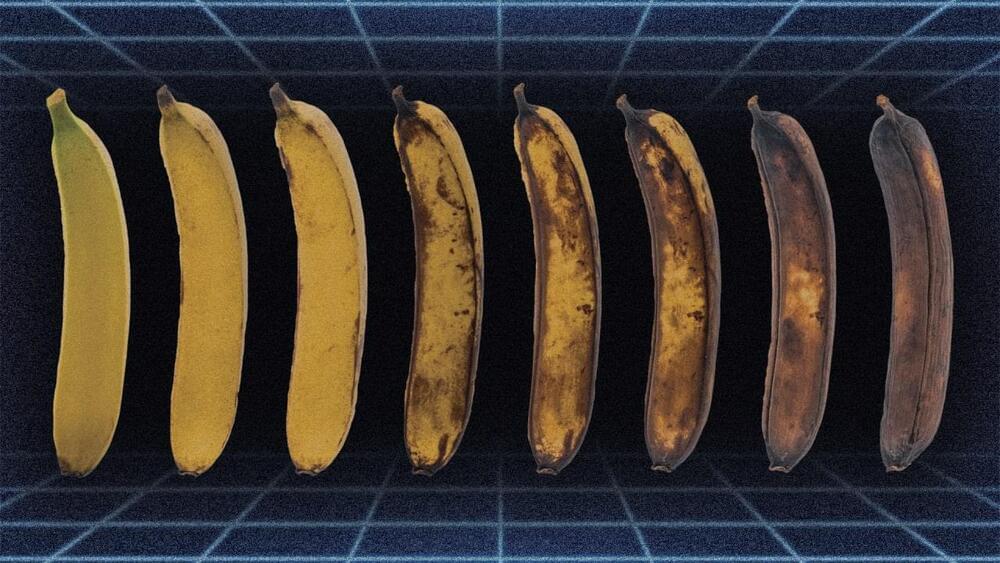


Currently, the most common and accurate methods for diagnosing type 2 diabetes involve blood work. A new study, however, asserts that type 2 diabetes can now be diagnosed based on the sound of a person’s voice.
Researchers from Klick Applied Science have developed a tool they say can diagnose type 2 diabetes in women and men, respectively, with up to 0.89 and 0.86 accuracy.
To achieve this, the researchers used an ensemble model that also factored in women’s body mass index (BMI) and men’s age and BMI.

The SRI President Bernard Foing and the SRI CEO and Founder A. V. Autino are in agreement on the text of this newsletter, but not on the title(!). We decided therefore to issue it with two titles. The first one, by A.V. Autino, establishes an ideological distance from the governance model that brought the civilization to the current situation, refusing any direct co-responsibility. The title proposed by B. Foing implies that “we” (the global society) are responsible for the general failure since we voted for the current leaders. He also suggested that should “we” (space humanists) be governing, he’s not sure that we would be able to do better than current leaders, for peace and development. Better than warmongers for sure! Replied Autino. However, both titles are true and have their reasons. That’s why we don’t want to choose one…
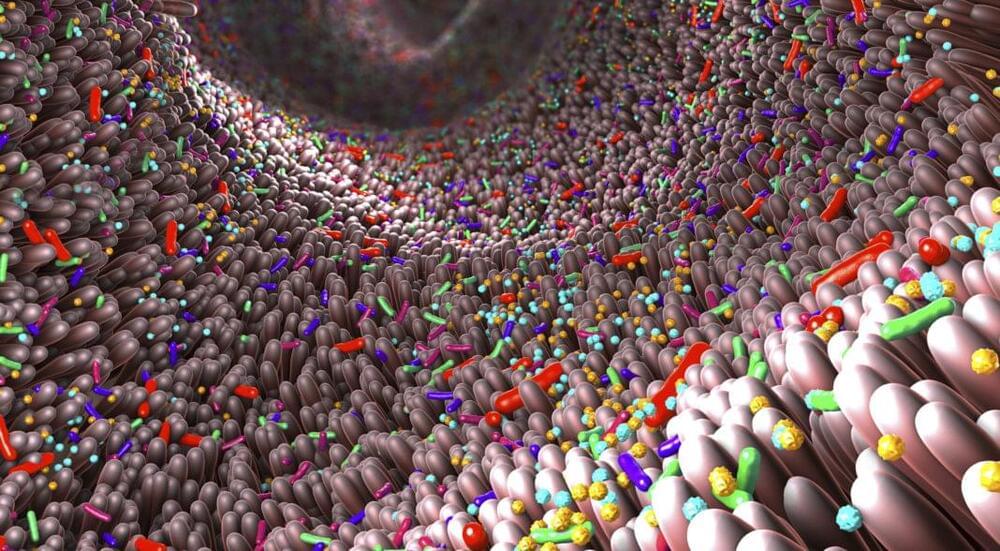
An international research team led by scientists at the Hudson Institute of Medical Research has found a way to determine which species of gut microbiota are important in certain diseases, and how they interact with other microorganisms to create a healthy microbiome.
The team developed a computational metabolite exchange scoring system to identify microbial cross feeding relationships—the use of metabolites produced by one microorganism as an essential nutrients by another—and how these may be altered in disease. The researchers suggest that understanding such relationships could point to therapeutic approaches for a range of disorders including inflammatory bowel disease, infections, autoimmune diseases and cancer.
“There are roughly 1,000 different bacterial species in a healthy gut—it’s a microscopic multicultural community with over a trillion individual members,” said research lead Samuel Forster, PhD. “Bacteria in our microbiomes exist as communities that rely on each other to produce and share key nutrients between them … We have developed a new computational way to understand these dependencies and their role in shaping our microbiome. This new method unlocks our understanding of the gut microbiome and provides a foundation for new treatment options that selectively remodel microbial communities.”
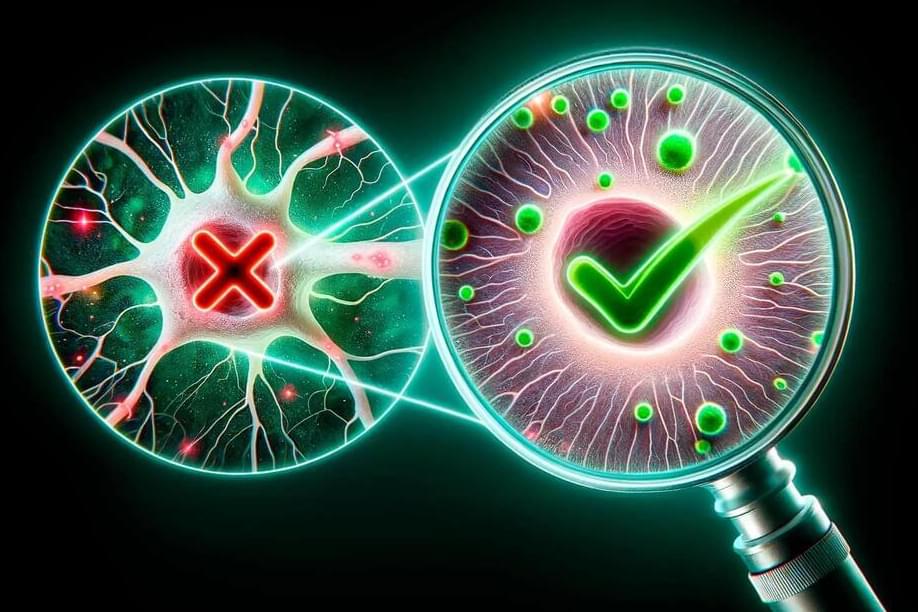
Findings could help scientists develop regenerative therapies for spinal cord injuries and other neurological conditions.
Neurons, the main cells that make up our brain and spinal cord, are among the slowest cells to regenerate after an injury, and many neurons fail to regenerate entirely. While scientists have made progress in understanding neuronal regeneration, it remains unknown why some neurons regenerate and others do not.
Using single-cell RNA.
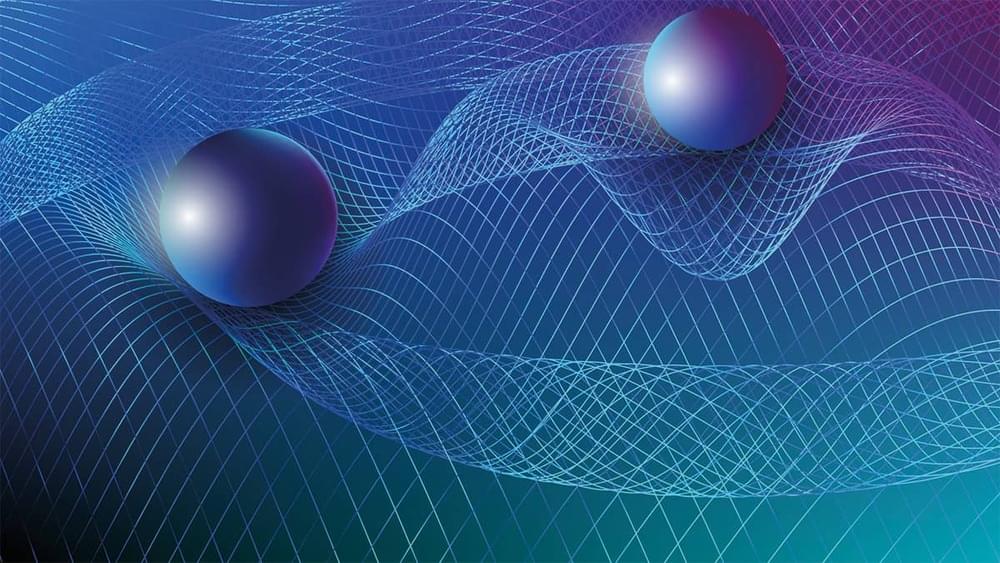


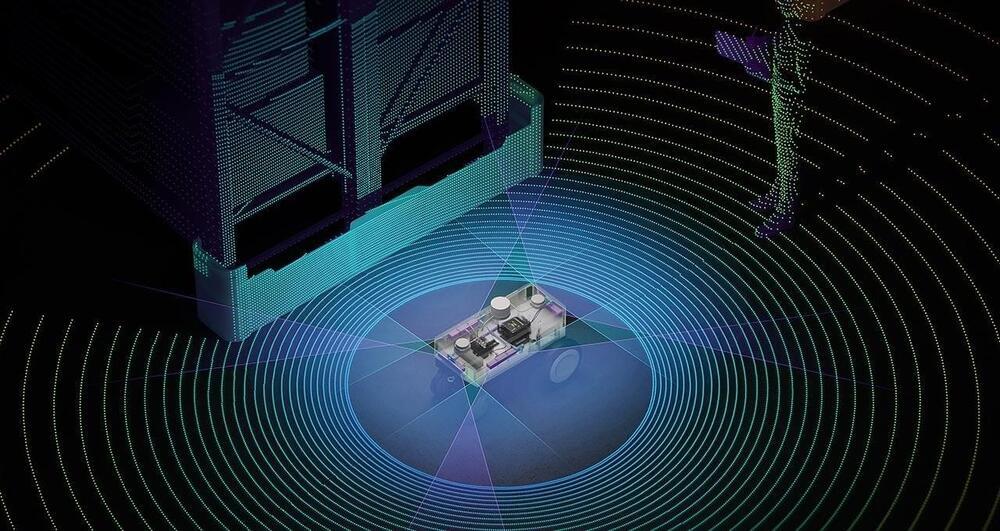
Nvidia has announced what the company called its “largest-ever platform expansion for Edge AI and Robotics,” and rightfully so. In typical Nvidia fashion, the company is bringing together years of work on several different software platforms to meet the needs of a very specific application – robotics. Nvidia has been developing solutions for robotics, or what should more appropriately be called autonomous machines, for more than a decade. In conjunction with the company’s investment in artificial intelligence (AI) and autonomous vehicles, Nvidia was one of the first tech companies to see the potential in future robotics platforms leveraging AI and technology developed for other segments,… More.
He announcement includes adapting generative AI (GenAI) models to the Jetson Orin platform, the availability of Metropolis APIs and microservices for vision applications, the release of the latest Isaac ROS (Robot Operating System) framework and Isaac AMR (autonomous mobile robot) platform, and the release of the JetPack 6 software development kit (SDK). According to Nvidia, these releases include more value than all the other releases over the past 10 years combined. All the areas highlighted in green in the figure below are new or updated in this platform release.
One of the most significant enhancements is support for GenAI. As we at Tirias Research have indicated in previous articles, GenAI will be transformative for not just people, but also machines. Nvidia is working to enable zero-shot learning, which will enable devices to learn and predict results based on classes of data rather than being trained on specific samples. This will allow for shorter training cycles and more flexible interactions with and use of the resulting models. Nvidia is also predicting a new innovation cycle for autonomous machines as much of the learning shifts from text-based solutions to video or multi-modal (text, audio & video) training. Nvidia also included its new transformer PeopleNet model to increase the accuracy of people identification. But most important is the capability of the Orin platform to execute large language models (LLMs).

The company has engineered an all-electric vertical take-off and landing jet, designed to offer leading capacity, low noise, and high performance with zero operating emissions, to the note of ten million dollars.
A German electric aviation company, Lilium, is preparing to make a bold entry into the United States market with its Electric Vertical Takeoff and Landing (eVTOL) aircraft. The company announced its partnership with Texas-based full-service air brokerage and management company, EMCJET, to tap into the private jet market, in a statement.
Lilium.
Lilium envisions a zero emission future where elite travelers, including corporate executives and existing private jet owners, can seamlessly connect from their local airport to their destination, avoiding congested airspace and reducing their carbon footprint. “It’s a great helicopter replacement,” said the head of partnerships and network in Lilium’s US-based office, Matthew Broffman, to The Verge.